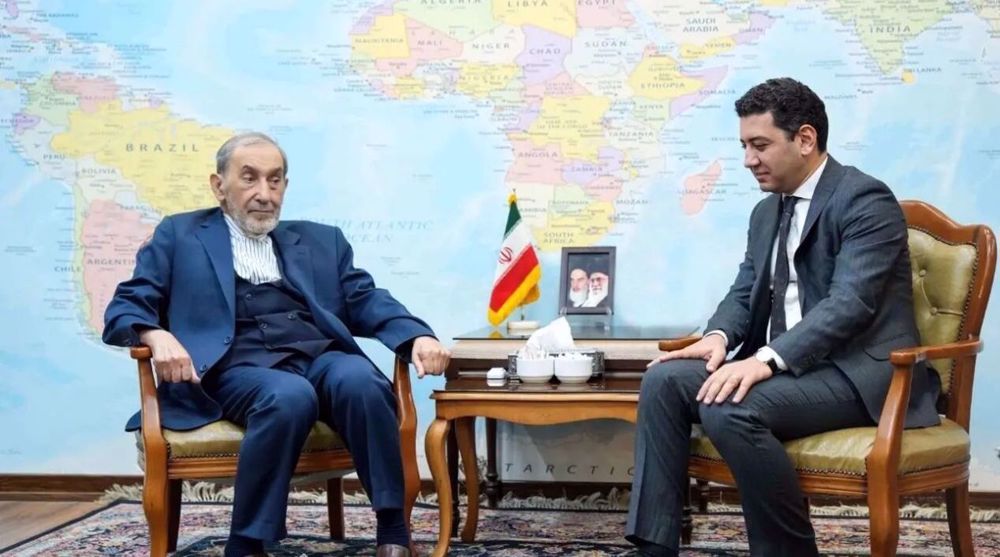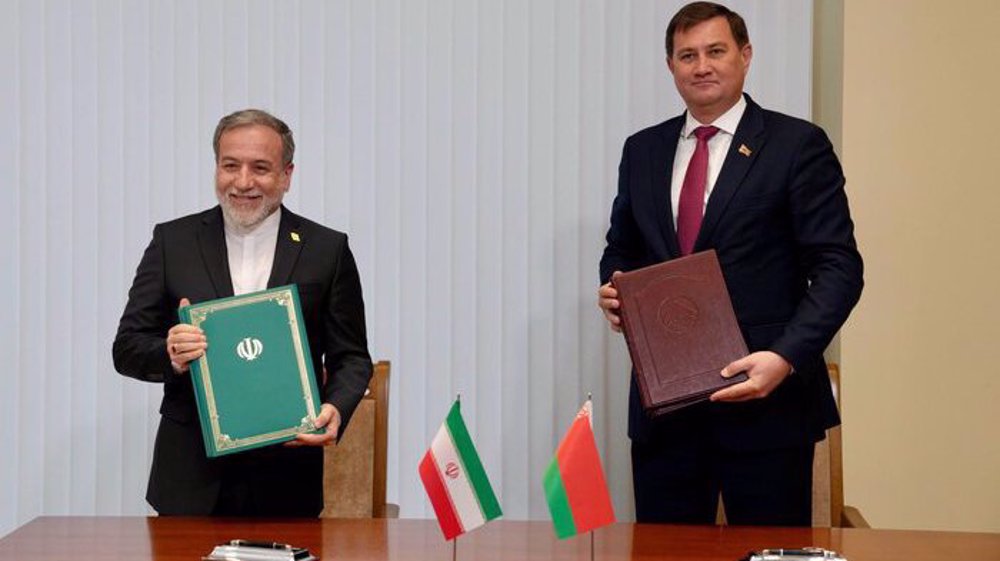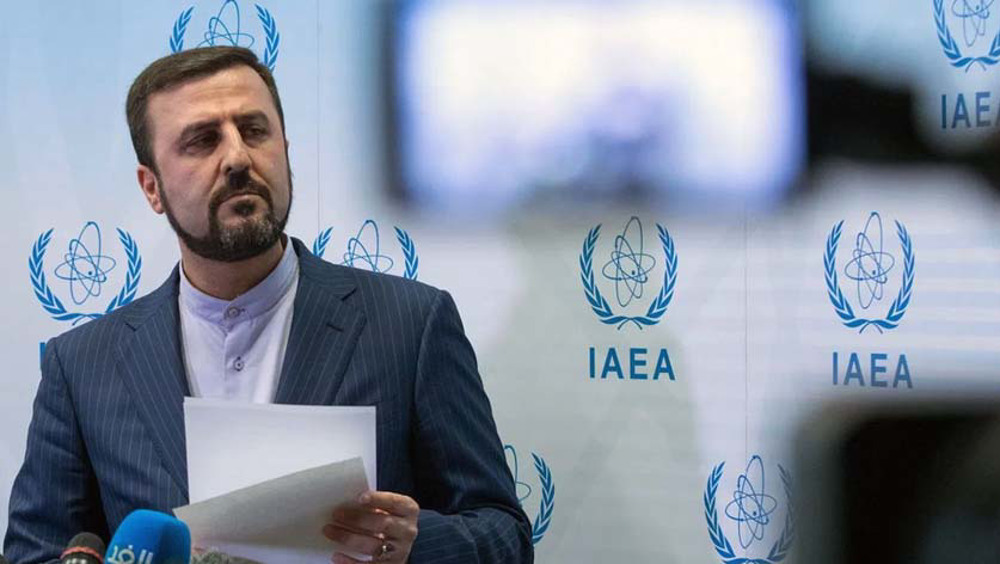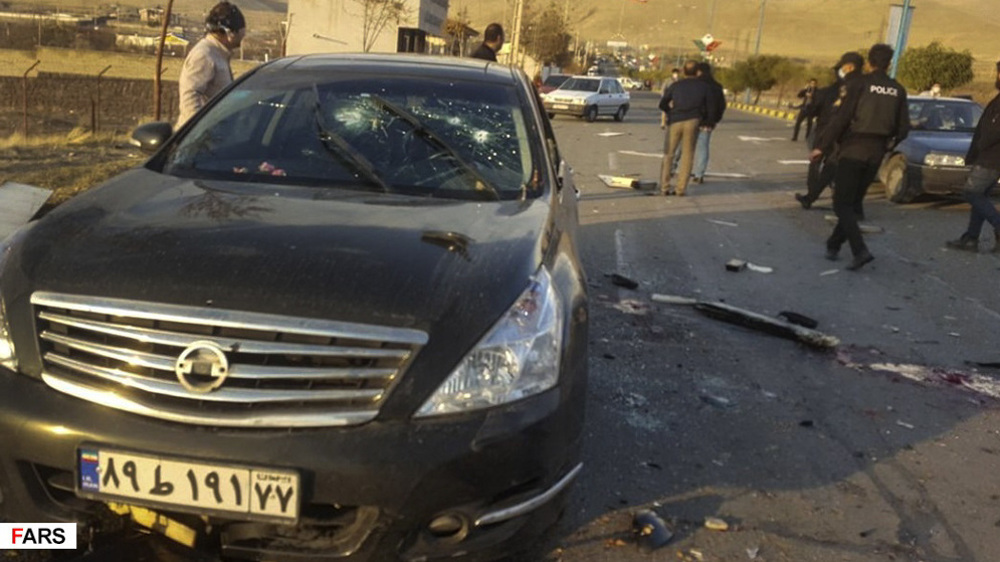Iran says will not accept interference in its defense policies
Iranian Foreign Ministry Spokesman Saeed Khatibzadeh says Tehran will brook no meddling in its affairs, including in defense policies.
“The Islamic Republic of Iran has always adhered to international laws and its obligations, and therefore it does not accept any interfere in its nuclear, [and] missile programs as well as issues related to its military and deterrence policies,” Khatibzadeh said in remarks on Wednesday, in reaction to a statement by the [Persian] Gulf Cooperation Council.
He condemned the repeated and baseless accusations made in the final statement of the (P)GCC Summit, which he said was a result of the Saudi regime's lack of understanding of the situation in the region and the world, its spiteful policies and Riyadh’s political pressure on the council.
At the time of reconciliation between the Persian Gulf states, the countries of the region were expected to reconsider their views and approaches to issues facing the region, which for decades have resulted in nothing other than enmity and hostility, but some members of the council insist on resorting to the wrong and outdated project of Iranophobia, he said.
Khatibzadeh said the Saudi regime's regional policies and destructive attitudes towards the Islamic Republic of Iran and other countries have led to the loss of much of the wealth of neighboring countries and turned the region into an arms depot for Western companies, which has allowed further foreign interference in the sensitive region.
The Saudi regime promotes hatred and violence in the region by taking the council and its meetings hostage and imposing its destructive views on them, he noted.
On Tuesday, the northwestern Saudi city of al-Ula hosted a meeting of the (P)GCC, which was entitled to resumption of diplomatic relations between the kingdom, the United Arab Emirates, Bahrain, and Egypt on the one side, and Qatar on the other.
Opening the (P)GCC summit, Saudi Crown Prince Mohammed bin Salman called for rallying efforts to counter Iran, saying Tehran’s nuclear and ballistic missile programs and what he described as the country’s “destructive” policies require a serious action by the international community.
Recalling Saudi Arabia's actions, Khatibzadeh said, "The Saudi regime and the countries whose irresponsible interventions in other states have led to the killing of innocent civilians, especially in Yemen, and the spread of insecurity and terrorism in the region, are trying to cover up their crimes against humanity through blaming others.”
He expressed hope that instead of issuing outdated statements that do not result in anything but the persistence of the current destructive process, the (P)GCC countries should pay attention to the realities of the region and shift their approaches towards regional dialogue and cooperation instead of forming a coalition.
He also reaffirmed Iran’s support for cooperation, noting, “The Islamic Republic of Iran, based on its strategic vision and principled policies, has always considered the solution to the region's problems based on interaction and cooperation, and welcomes positive initiatives in the development of relations based on international principles and rules.”
Senior Iranian officials stress that the country’s missile program is not up for negotiations as it is a matter of national security, and it is solely for deterrence policies.
“The Islamic Republic of Iran will not negotiate its defensive power ... with anybody under any circumstances,” a military advisor to Leader of the Islamic revolution, Brigadier General Hossein Dehqan said in November.
“Missiles are a symbol of the massive potential that is possessed by our experts, young people, and industrial centers,” he added.
The allegations against Iran’s nuclear program come although the International Atomic Energy Agency continues to verify Tehran’s compliance and non-diversion.
This is while Saudi Arabia’s nuclear ambitions have prompted worries in the global community over the past few years, especially after bin Salman hinted in 2018 that the kingdom may go for nukes.
Dual national faces trial for spying for Israel during 12-day war: Iran’s Judiciary
Iran, Russia agree to fast-track strategic north–south corridor
US offers Ukraine 'strong' security guarantees amid unsettled territorial row
Iranian researcher wins gold at Silicon Valley invention festival for cancer medicine
Turkey excluded from Gaza conference in Doha due to Israeli veto: Report
Protests against Trump administration continue
Three policemen killed in shootout with terrorists in southeast Iran
Hamas’s Khaled Meshaal urges Trump to abandon Israel-first policy














 This makes it easy to access the Press TV website
This makes it easy to access the Press TV website